- Timmons Expresses Support for DEI’s Doppelganger for Hiring Practices in Washington
- Should the US Rethink Its Mid-East Policies?
- Is Another Child Tax Credit Expansion Really the Best Way To Help Families?
- The Two-State Solution for Israel is No Solution at All
- A New Fiscal Commission Must Heed the Lesson of '97
- The Evils of Socialism
- Biden's Corporate Tax Hike: Populism Versus Economic Literacy
- Why is Greenville County Council Pickpocketing Us Again?
- The Morgan and Timmons Firey Faceoff in SC’s 4th Congressional District Race
- Evert’s Electables - GOP Presidential Preference Primary - February 24, 2024
- Advertising Rates and Specifications
- Danger: The Proposed South Carolina "Health Czar" Legislation will be Hazardous to Your FREEDOM!
- America’s Existential Immigration Crisis
- Adam Morgan Pledges to Support Term Limits on Congress
- The Tucker Carlson Interview of Russian President Vladimir Putin
Bedford Forrest and the Assault on Fort Pillow
- By Mike Scruggs
- Category: Mike Scruggs' Column
Reconstructing Truth in a Hurricane of Propaganda
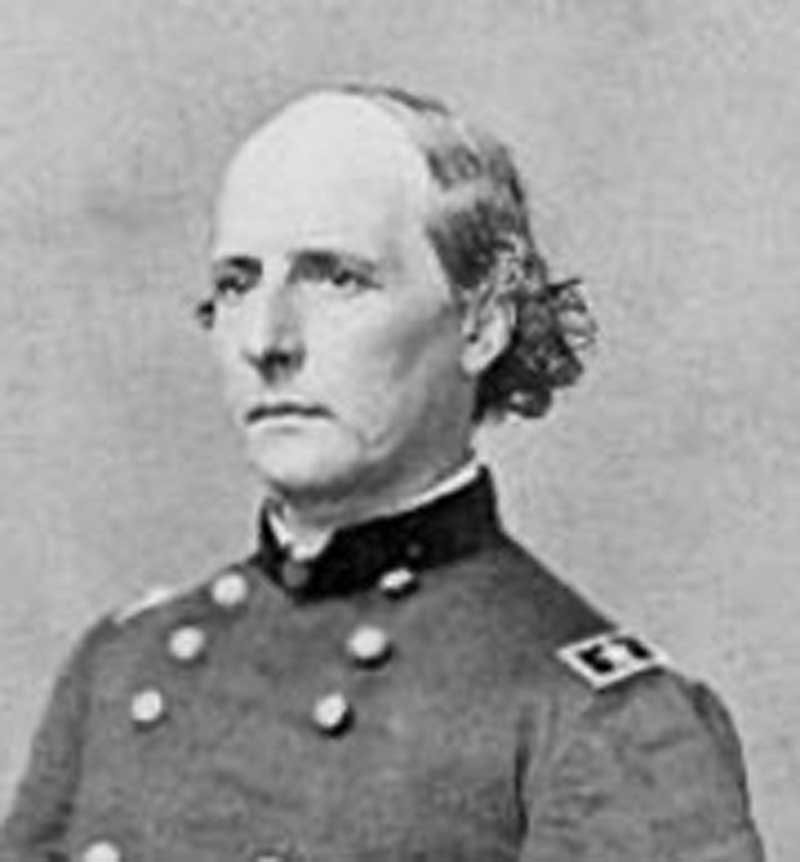
Part 4 of a Series on Confederate Cavalry
During the morning of April 12, 1864, Forrest had made a reconnaissance of the outer perimeter of earthworks at Fort Pillow. He had found that all but the inner fort was vulnerable to sniper fire from higher terrain. He doubled the line of sharpshooters already placed there by General Chalmers. He was, however, painfully injured falling from his horse, which was shot from under him.
- Hits: 2397
Bedford Forrest and the Fort Pillow “Massacre”
- By Mike Scruggs
- Category: Mike Scruggs' Column
Context is all Important in Understanding History
Part 3 of a series on Confederate Cavalry
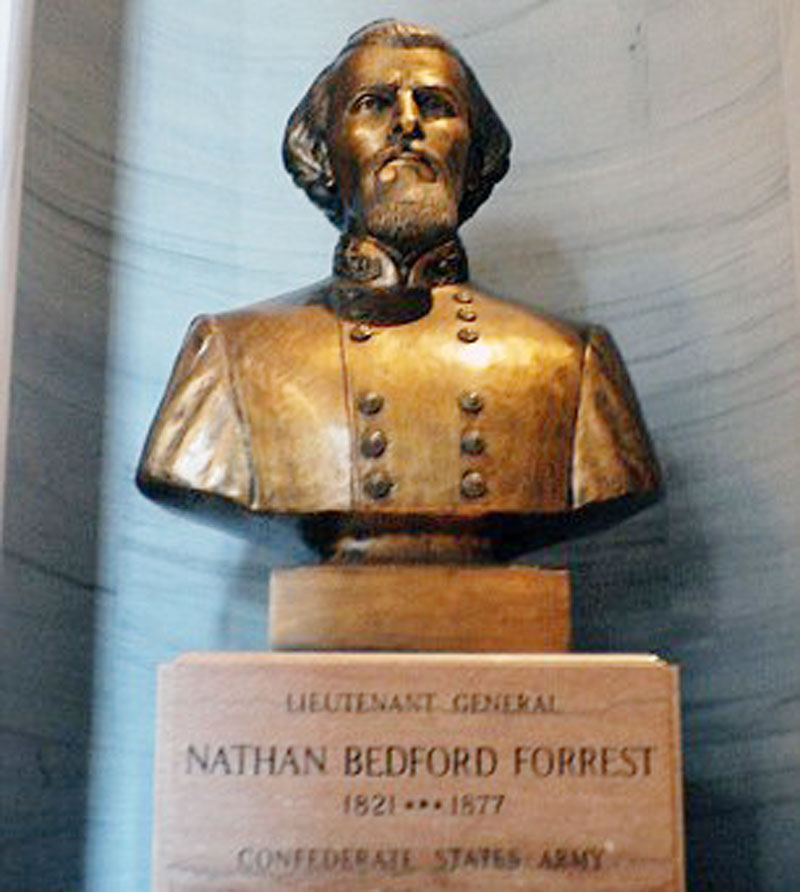
The Battle of Fort Pillow was not militarily significant, but it was called a “massacre” by the New York Times, other Northern newspapers, and the Radical Republican dominated Joint Congressional Committee for the Conduct of the War. More importantly, it became an important propaganda tool to demonize the South and the Confederate cause, which still dominates much of academia, the media, and virtue-signaling American politics.
- Hits: 3089
Nathan Bedford Forrest
- By Mike Scruggs
- Category: Mike Scruggs' Column
The Confederate Cavalry Leader Most Feared by Union Generals
Part 2 of a Series on Confederate Cavalry
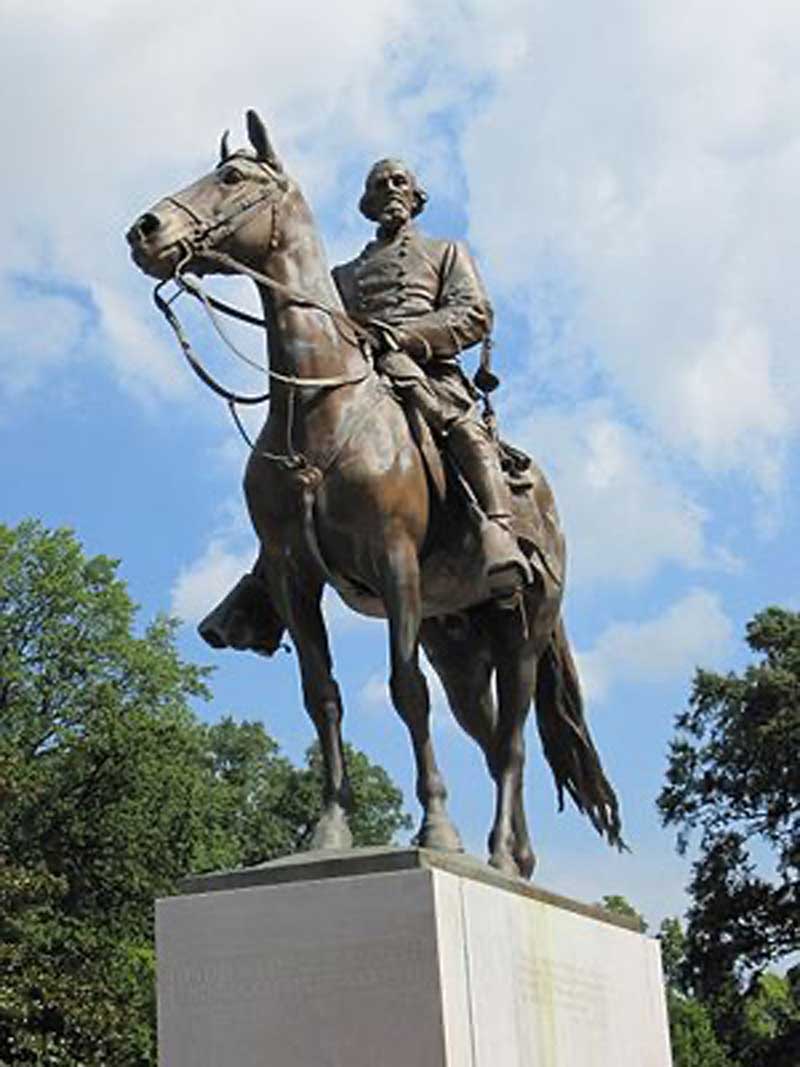
“I’ll be damned if I’ll surrender.”
The battles of Fort Henry and Fort Donelson in February 1862 were the first two significant victories for the Union. They also demonstrated an important Union strategy that many believe was the ultimate key to Union defeat of Confederate resistance. They set out to dominate the water transportation lifelines critical to the Southern economy and military defense. They were eventually able to dominate these critical arteries with a “Brown Water Navy” of gunboats. The South had few such resources to oppose them. Fort Henry was on the Tennessee River in west-middle Tennessee near the Kentucky border. Fort Donelson was about 12 miles to the east on the Cumberland River. The commander of Fort Henry was West Point graduate and engineering inspector Brigadier General Lloyd Tilghman, from Paducah, Kentucky. Tilghman had realized that both forts Henry and Donelson were defective defensive positions but put up a valiant battle before surrendering to a Union siege on February 6, 1862. Meanwhile he had secretly moved most of his of his troops to Fort Donelson.
- Hits: 3237
Confederate Cavalry
- By Mike Scruggs
- Category: Mike Scruggs' Column
While Horse and Hero Fell--They That Fought so Well - Part 1 of a Series
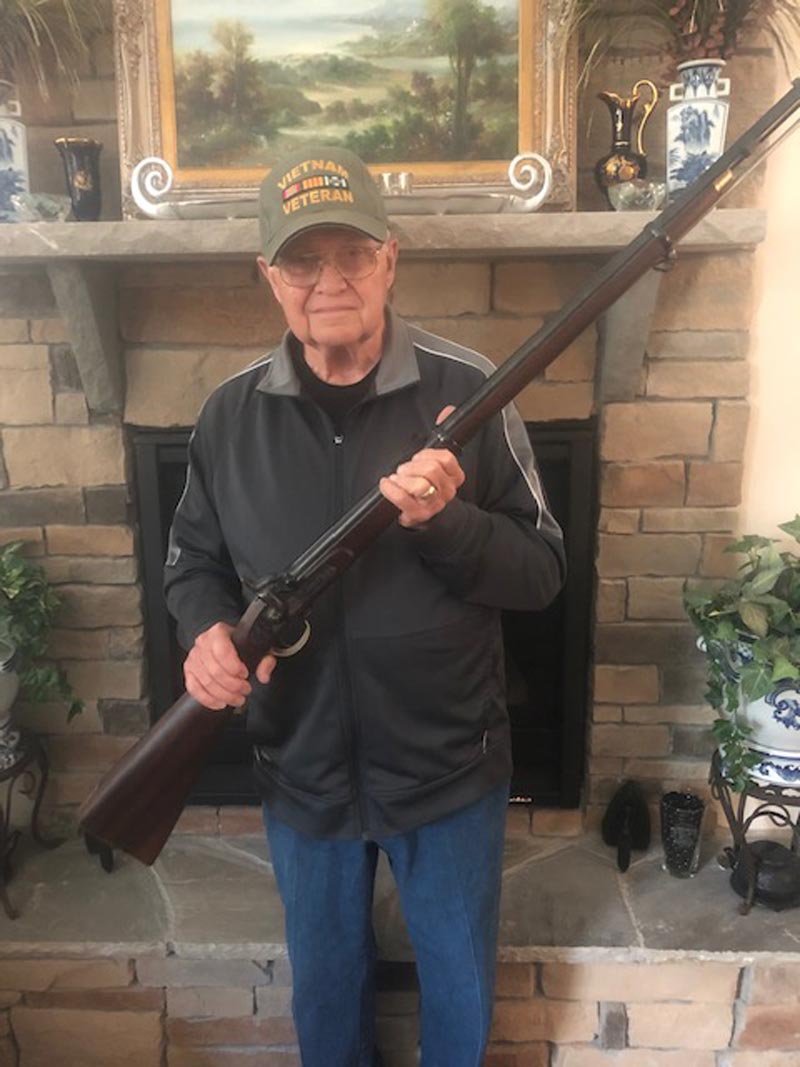
“Every morning brought a noble chance, and every chance brought out a noble knight.”—Alfred, Lord Tennyson in Morte d’Arthur, 1842, quoted by Winston Churchill in his June 4, 1940, “Finest Hour” speech.
There lingers to this day a romantic vision of Confederate cavalry that brings forth the images of Sir Walter Scott’s gallant knights of old. Many Southern cavalrymen, and to a certain extent the whole Confederate Army, were strongly influenced by the romantic novels of Scott, which were very popular reading in the South. They were also undoubtedly influenced by the nobility and military gallantry of many of the English poet Alfred, Lord Tennyson’s poems, such as Morte d’Arthur (1842) and Charge of the Light Brigade (1854).
- Hits: 3126
The Matchless Devotion of Black Confederates
- By Mike Scruggs
- Category: Mike Scruggs' Column
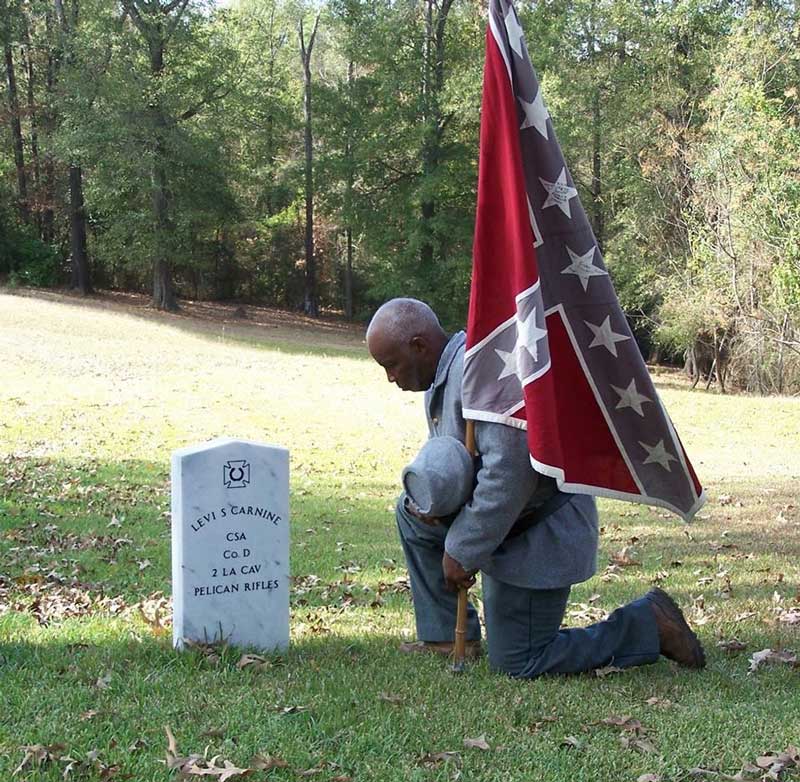
The Battle against Politically Correct Chains - Part 2 of 2 of a Series
As I wrote last week in part 1 of this series, perhaps the best estimate of the number of both free and bonded blacks serving in the Confederate Army during the Civil War is about 65,000. This estimate came from Scott K. Williams’ comprehensive article, Black Confederates Heritage, written in 1998 and still available on the internet. Of an estimated 1.0 million men that served in the Confederate Army and Navy, this is about 6.5 percent. However, Williams’ estimate may not have sufficiently accounted for the large number of black teamsters vitally important to supporting Confederate supply lines.
- Hits: 3635
 Mike Scruggs is the author of two books: The Un-Civil War: Shattering the Historical Myths; and Lessons from the Vietnam War: Truths the Media Never Told You, and over 600 articles on military history, national security, intelligent design, genealogical genetics, immigration, current political affairs, Islam, and the Middle East.
Mike Scruggs is the author of two books: The Un-Civil War: Shattering the Historical Myths; and Lessons from the Vietnam War: Truths the Media Never Told You, and over 600 articles on military history, national security, intelligent design, genealogical genetics, immigration, current political affairs, Islam, and the Middle East.
He holds a BS degree from the University of Georgia and an MBA from Stanford University. A former USAF intelligence officer and Air Commando, he is a decorated combat veteran of the Vietnam War, and holds the Distinguished Flying Cross, Purple Heart, and Air Medal. He is a retired First Vice President for a major national financial services firm and former Chairman of the Board of a classical Christian school.
Click the website below to order books. http://www.universalmediainc.org/books.htm.













